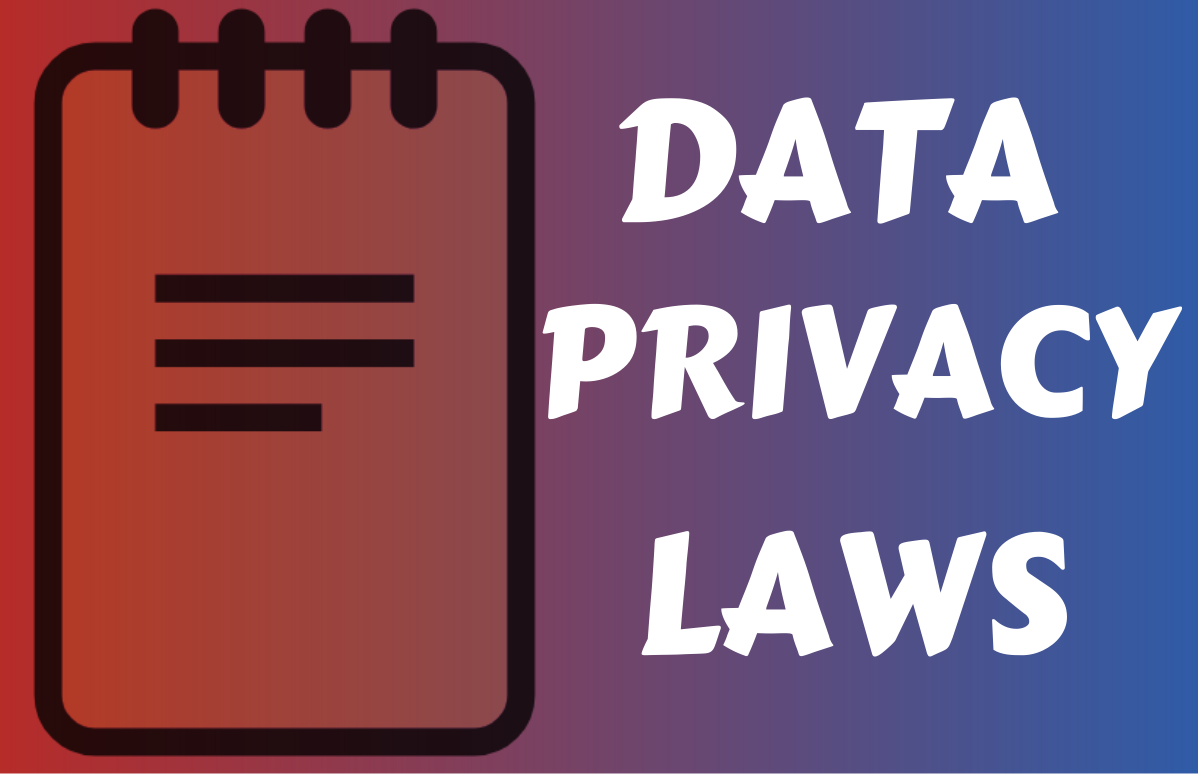
Many developed countries are proposing privacy data laws in the country to protect citizens from data breaches and misuse. It is a good initiate, which the Canadian government is proposing in parliament. We are going to look at the new Canadian Data Privacy Law and understand how it’s going to impact the Canadian organizations and people of the country.
-
Fines for individuals & companies
The Consumer Privacy Protection Act (CPPA) is evolving a little by little in the parliament. So you can expect major changes in the coming days, but one thing will remain the same, and that is Canada can impose fines. Any individual or organization can be fined for breaching the law and breaching the trust of people.
Canada introduced data laws long back, but they never fined violators of PIPEDA. The federal privacy commissioner department will investigate the matter and take a look at the complaints. However, the federal privacy commission did not have enough powers to fine and force the companies to take an oath to follow the rules. In short, they cannot escape from the violation, but it would still allow them to escape from future violations.
Many developed country leaders have realized that citizen data is the new oil, so the government has to protect consumer data. Canada has given powers to the department so they can find PIPEDA violators about $25 Canadian million or 5% of the global revenue.
-
Additional Rights for Individuals
PIPEDA added core data rights in the process, where companies, individuals, and organizations have to take permission of the consumers. The customers or users have to take consent to access & correct personal data.
The Consumer Privacy Protection Act (CPPA) is designed for the consumer, where consumers can direct the companies or organizations to transfer the data to third parties and also request to delete the personal data from the database. You can take FB for instance, and if you delete the account, then the social media giant has to delete the data from the servers permanently.
Canadian government went ahead and added private right to action, where users or consumers can sue the organization’s failure to comply. Fortunately, the individuals can approach provincial courts or federal courts, but they should file the complaint two years of the violation.
Organizations have to comply with the new Consumer Privacy Protection Act (CPPA), which states that they have to be transparent. In short, the organizations have to inform the users about automated systems such as AI & algorithm usage. The companies have to be transparent on how they are obtaining personal information and how they are using it in the automated environment.
If you look at the CPPA protocol, then you will know that the Canadian government has taken a major step.
-
All Canadian Privacy Laws
Allow us to list down all Canadian privacy laws introduced under CPPA.
- Privacy Management Programs
- B) Appropriate Purpose Test is Expanded
- C) New Conditions for Valid Consent
- D) Exceptions to Consent
- E) Socially Beneficial Purposes
- F) Transparency, Cross-Border Transfers & Automated Decision Making
- G) The Right to Data Deletion
H)Responsibility for Service Providers
- I) Limits on Service Providers’ Obligations
- J) A New Tribunal
- K) Enforcement Power
- L) Private Right of Action
- M) Data Mobility
Canada is taking the privacy laws to another level, and it will add a greater value to consumer privacy.
-
Changes Organizations should take now
If you are a small company or a major enter prize then you should begin to make the transition. Of course, the government has allotted enough time to make the transition, but you have to know a few things before starting the process.
- The company should commit to new data protection laws and inform the working team to take the new rules seriously. Conduct a meeting with higher-ups & the team to ensure that they do not misuse the data at any cost.
- Conduct a meeting to review how the products & services are utilizing the customer’s data and how they are collecting it.
- C) Check the report to understand the data collection methods and areas where current statutory requirements have not been met. Take a lot of time to review the privacy policy and reports to avoid potential data breaches.
- D) Devise a fresh plan to meet current statutory requirements and avoid a consumer data breach.
- E) Come up with new procedures to meet requirements for the upcoming changes in the laws and also revise the consumer data collection practices.
Keep an eye on further developments on the Consumer Privacy Protection Act (CPPA) because it is expected to get even better for the customers, users, and consumers in Canada.
Bottom Line
The parliament has taken bold decisions to ensure that citizens don’t have to worry about corporate companies taking advantage of the lack of consumer data laws. Canada has taken a major leap towards building a safer country by keeping the organizations in check.

